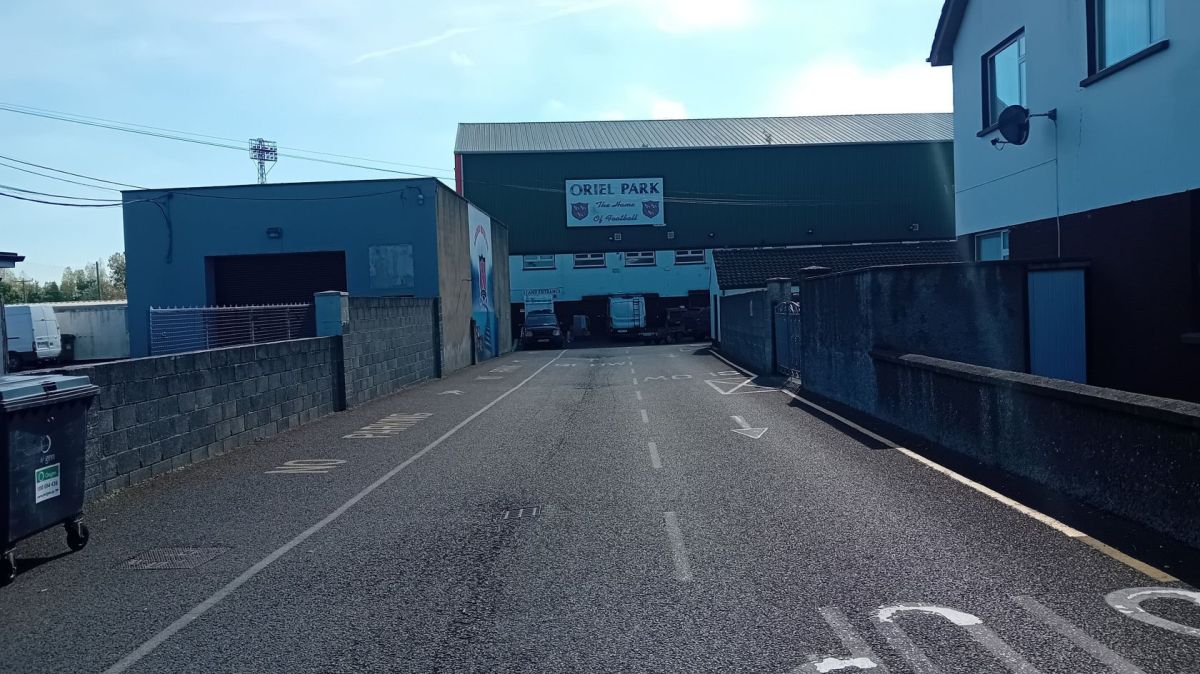An interview with Georgia Quealy and Daniel Linehan, from Bon Chocolatiers, said that their Easter Egg preparations for order demands begin two to three months before Easter, leading up until Easter time. For speciality chocolate brands, Easter Eggs are a highly profitable product, with large eggs selling for up to €50, making Easter one of the busiest times of their year.
However, rising prices for cocoa beans have resulted in small Irish businesses facing cost challenges. For instance, on international commodities, cocoa bean prices have increased by 400% over the past decade, skyrocketing from €2,000 a tonne to €12,500 a tonne. Realistically, chocolatiers like Georgia and Daniel cannot increase their prices by 400%, and instead, they look to reduce other costs as much as possible. Nevertheless, their prices increased by 15% for the customer, as they “have staff [and] bills to pay, and the price has to reflect that”.
Cocoa prices have increased drastically due to several factors, including damaged crops, climate change and increased labour costs. As demand for chocolate increases, supply decreases, as many of the global supply areas are faced with extreme weather. A professor of Agrifood economist at University College Cork explains that regulations for protecting human rights and the environment also help in increasing prices, and legislation strictly bans the use of child labour, modern slavery, and deforestation of lands. Furthermore, despite the increase in cocoa bean prices, farmers remain very poor as only about 9% of the price of a chocolate bar paid by consumers actually reaches farmers. Consequently, farmers cannot invest in their crops, and climate change continues to destroy their land.















